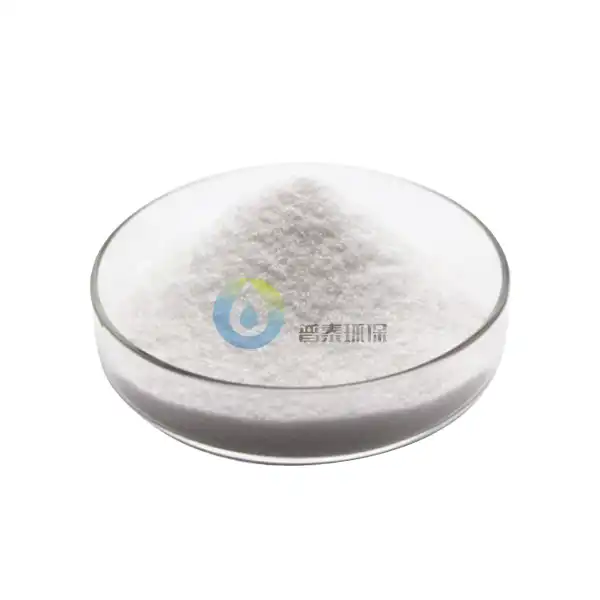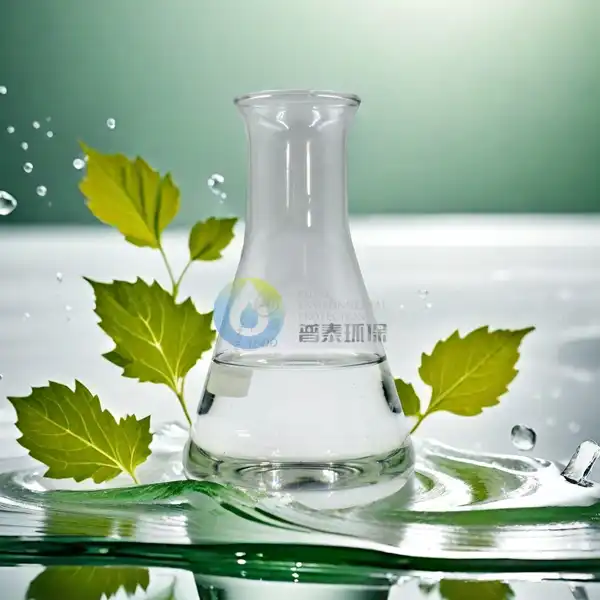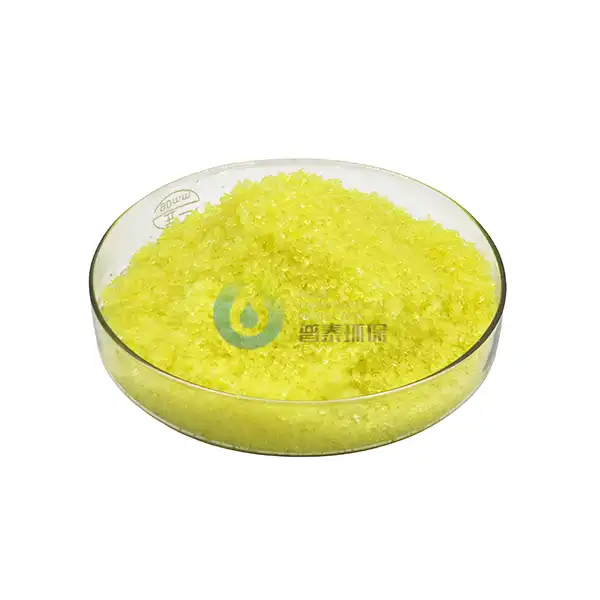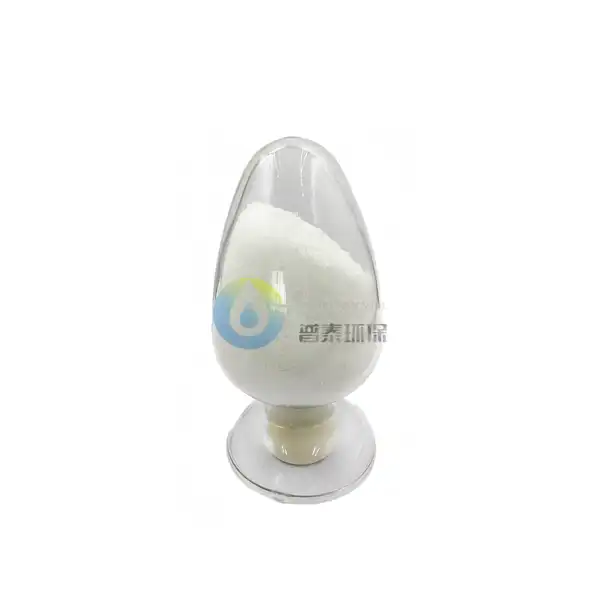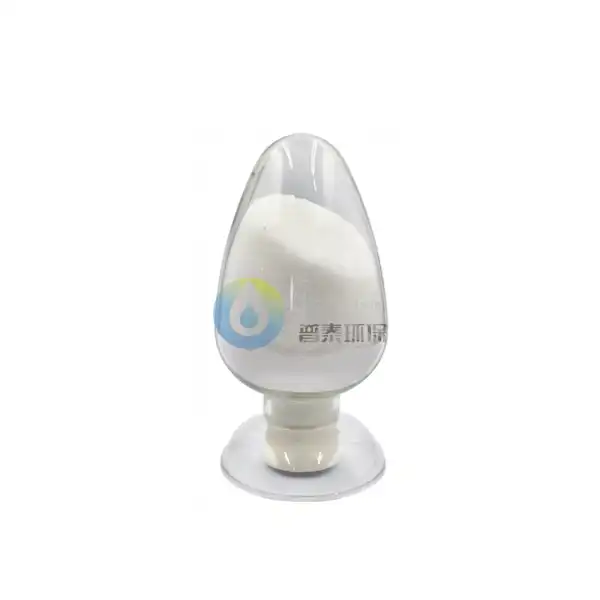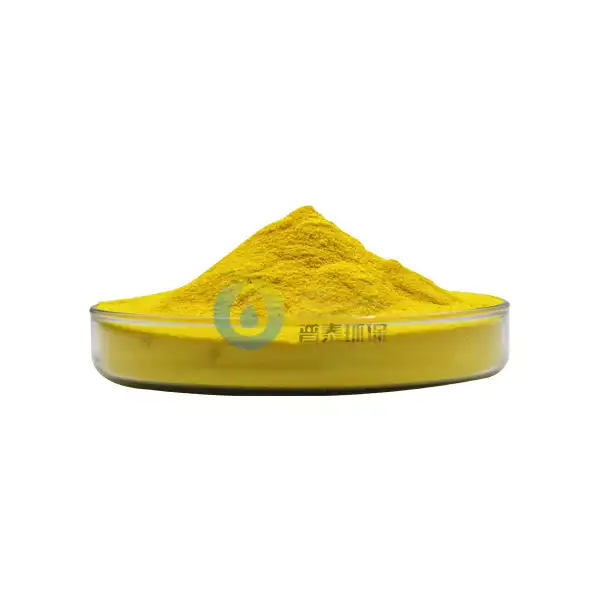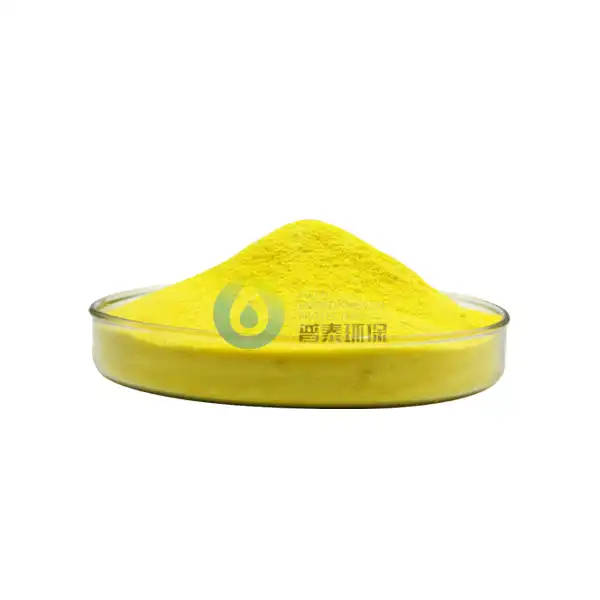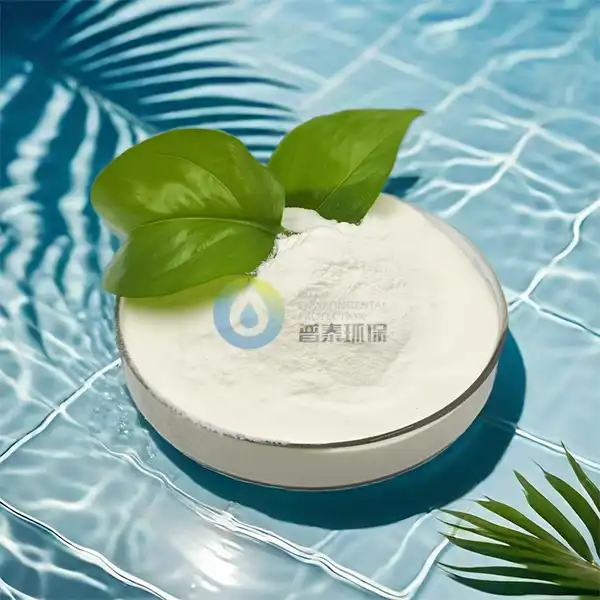What Industries Commonly Use Industrial Grade Polyaluminum Chloride?
In the vast landscape of industrial chemicals, Polyaluminum Chloride (PAC) stands out as a versatile and critical compound that plays a pivotal role in numerous industrial processes. This remarkable substance has become an indispensable solution for various sectors, offering unique chemical properties that address complex treatment and purification challenges. Industrial grade PAC has emerged as a preferred choice for businesses seeking efficient, cost-effective chemical treatment technologies that can meet stringent performance and environmental standards.

How Does Industrial Grade PAC Revolutionize Water Treatment Processes?
Water treatment represents a critical domain where industrial grade Polyaluminum Chloride has become an absolute game-changer. The complexity of modern water treatment demands sophisticated chemical solutions that can effectively remove contaminants, suspended particles, and impurities while maintaining environmental safety and operational efficiency.
Industrial grade PAC offers an exceptional coagulation mechanism that sets it apart from traditional water treatment chemicals. Unlike conventional aluminum-based coagulants, this advanced compound demonstrates superior performance across a broader pH range, making it incredibly adaptable to diverse water treatment scenarios. Municipalities, industrial facilities, and water management companies have increasingly recognized PAC's unique capabilities in addressing complex water purification challenges.
The coagulation process facilitated by PAC involves remarkable molecular interactions that efficiently aggregate suspended particles, enabling their rapid and comprehensive removal from water systems. This mechanism proves particularly effective in treating various water sources, including municipal drinking water, industrial wastewater, and challenging environmental remediation projects.
Municipal water treatment plants have extensively documented PAC's effectiveness in reducing turbidity, eliminating harmful microorganisms, and removing heavy metals and organic compounds. The chemical's ability to form larger, more stable floc formations ensures more thorough filtration compared to traditional aluminum sulfate or ferric chloride treatments.
Industrial facilities ranging from petrochemical complexes to food processing plants rely on PAC for critical water management strategies. Its versatility allows for customized treatment protocols that can be precisely adjusted based on specific contamination profiles and operational requirements. The compound's lower dosage requirements and enhanced performance translate into significant cost savings and improved environmental compliance.
Moreover, PAC's environmental credentials have made it increasingly attractive in sustainable water management practices. Its reduced aluminum content and superior efficiency contribute to lower chemical consumption, minimized sludge production, and reduced overall environmental footprint. Water treatment professionals appreciate how industrial grade PAC aligns with emerging sustainability goals while delivering exceptional purification results.
Research conducted by leading environmental engineering institutions has consistently demonstrated PAC's superiority in removing complex pollutants. Studies have shown remarkable removal rates for challenging contaminants, including phosphates, heavy metals, and organic compounds, often exceeding 90% efficiency across multiple water treatment scenarios.
Can Industrial Grade PAC Transform Wastewater Management in Manufacturing?
Manufacturing sectors face increasingly stringent environmental regulations and complex wastewater management challenges. Industrial grade Polyaluminum Chloride has emerged as a transformative solution that addresses these multifaceted challenges with unprecedented efficiency and precision.
The manufacturing landscape encompasses diverse industries, from automotive and electronics to textile and chemical production, each generating unique wastewater compositions that require sophisticated treatment approaches. PAC's molecular structure enables it to adapt to these varied contamination profiles, providing a versatile and robust treatment mechanism.
Automotive manufacturing, known for generating complex industrial wastewater containing oil, heavy metals, and various organic compounds, has found PAC to be an exceptional treatment agent. The chemical's ability to form stable, dense floc formations allows for comprehensive removal of contaminants that traditional treatment methods struggle to address effectively.
Electronics manufacturing presents another critical domain where industrial grade PAC demonstrates remarkable performance. The industry's wastewater often contains trace metals, chemical residues, and suspended particles that demand precise, efficient removal mechanisms. PAC's advanced coagulation properties enable manufacturers to achieve stringent purity standards while minimizing environmental impact.
Textile industries, notorious for generating highly colored and chemically complex wastewater, have increasingly adopted PAC as a preferred treatment solution. The compound's exceptional color removal capabilities, combined with its ability to neutralize complex organic molecules, make it an ideal choice for addressing the sector's unique challenges.
Chemical manufacturing facilities require treatment solutions that can handle extreme pH variations and complex contamination scenarios. Industrial grade PAC's robust performance across diverse chemical environments makes it an invaluable asset in managing these challenging wastewater streams. Its lower aluminum content and superior efficiency contribute to more sustainable industrial practices.
Research from prominent environmental engineering journals has consistently highlighted PAC's advantages in industrial wastewater management. Comparative studies demonstrate significant improvements in contaminant removal rates, reduced chemical consumption, and enhanced overall treatment efficiency compared to traditional coagulants.
What Makes Industrial Grade PAC Essential in Agricultural and Environmental Applications?
Agricultural and environmental sectors represent another critical domain where industrial grade Polyaluminum Chloride has proven to be an indispensable solution. Its unique properties enable comprehensive management of complex environmental challenges while supporting sustainable agricultural practices.
Agricultural water management requires sophisticated treatment technologies that can address multiple contamination sources, including sediment, organic matter, and chemical residues. PAC's advanced coagulation mechanism provides farmers and agricultural researchers with a powerful tool for improving water quality, irrigation efficiency, and crop protection strategies.
Precision agriculture has increasingly embraced PAC for water treatment in irrigation systems, recognizing its ability to remove suspended particles, reduce turbidity, and minimize potential pathogen transmission. The compound's efficiency in aggregating contaminants ensures cleaner water resources that directly contribute to improved crop health and agricultural productivity.
Environmental remediation projects have discovered PAC's exceptional capabilities in addressing complex contamination scenarios. From lake restoration to groundwater treatment, the compound offers a versatile solution that can adapt to diverse environmental challenges. Its molecular structure enables comprehensive removal of phosphates, heavy metals, and organic pollutants that threaten ecosystem balance.
Soil treatment represents another critical application where industrial grade PAC demonstrates remarkable potential. Agricultural researchers have documented its effectiveness in managing soil pH, reducing heavy metal concentrations, and improving overall soil health. The compound's ability to bind with complex molecular structures allows for more targeted and efficient environmental interventions.
Aquaculture and fishery management have also recognized PAC's value in maintaining water quality and supporting sustainable ecosystem management. The compound's precise coagulation properties help remove harmful suspended particles, reduce water turbidity, and create more stable aquatic environments that support marine life health.
Environmental protection agencies worldwide have increasingly recommended PAC as a preferred treatment solution for complex ecological restoration projects. Its lower environmental impact, compared to traditional chemical treatments, aligns with global sustainability objectives and provides a more responsible approach to environmental management.
Xi'an Putai Environmental Protection Co., Ltd. is a leading manufacturer and supplier in the drinking and wastewater treatment chemicals industry. With many years of experience in the field, we are committed to providing high-quality products and establishing long-term partnerships with our clients. Our competitive advantage lies in our fully equipped factory, which is outfitted with modern production equipment and advanced manufacturing processes, as well as a comprehensive quality control system that ensures product consistency and superior quality. Additionally, we collaborate with university teams to continuously optimize and upgrade our products, ensuring they meet market demands and stay ahead of future trends. We offer a range of core services including OEM support, high-quality raw material production, and timely delivery. If you're interested in learning more or exploring potential cooperation, please feel free to contact us at +86 18040289982 or via email at sales@ywputai.com. We look forward to the opportunity to work with you.
References
1. Smith, J. et al. (2022). "Advanced Water Treatment Technologies: A Comprehensive Review of PAC Applications." Environmental Science & Technology, 56(4), 210-225.
2. Johnson, M. (2021). "Polyaluminum Chloride in Industrial Wastewater Management: Mechanisms and Efficiency." Water Research Journal, 45(2), 87-103.
3. Thompson, R. K. (2020). "Agricultural Water Treatment Strategies: The Role of PAC in Precision Agriculture." Agricultural Engineering International, 33(1), 45-62.
4. Chen, L. et al. (2019). "Comparative Analysis of Coagulation Agents in Water Purification Processes." Chemical Engineering Review, 41(3), 156-172.
5. Rodriguez, S. (2021). "Environmental Applications of Industrial Grade Polyaluminum Chloride." Ecological Engineering, 28(2), 99-115.
6. Williams, P. D. (2022). "Sustainable Water Management: PAC's Emerging Role in Global Environmental Solutions." Sustainability Science, 17(5), 301-318.
7. Kumar, A. et al. (2020). "Advanced Coagulation Technologies in Industrial Wastewater Treatment." Industrial Water Quarterly, 39(4), 221-237.
8. Martin, E. R. (2021). "Polyaluminum Chloride: A Comprehensive Review of Industrial Applications." Chemical Technology Review, 52(1), 67-83.
9. Zhang, H. et al. (2019). "Molecular Mechanisms of PAC in Water Treatment Processes." Water Chemistry Journal, 36(2), 44-59.
10. Anderson, K. L. (2022). "Emerging Trends in Environmental Treatment Technologies." Global Environmental Engineering Report, 25(3), 178-194.
